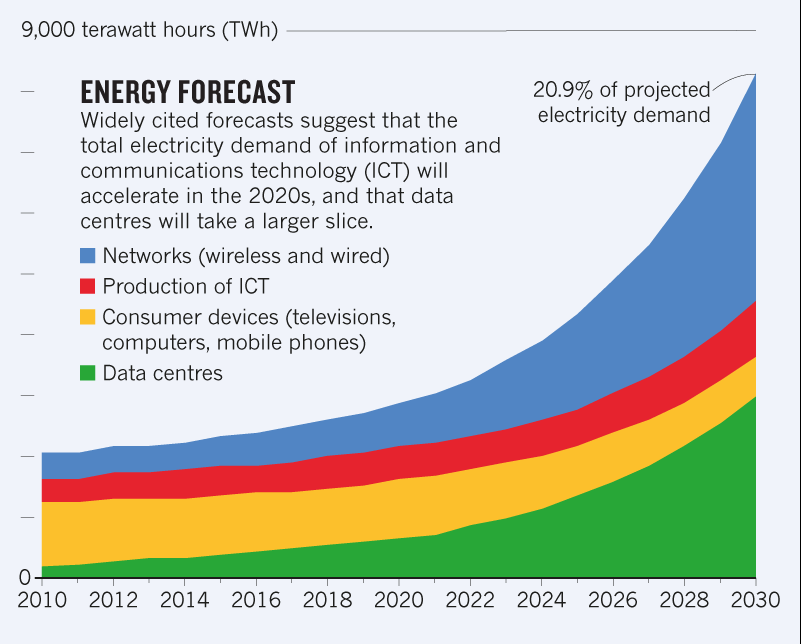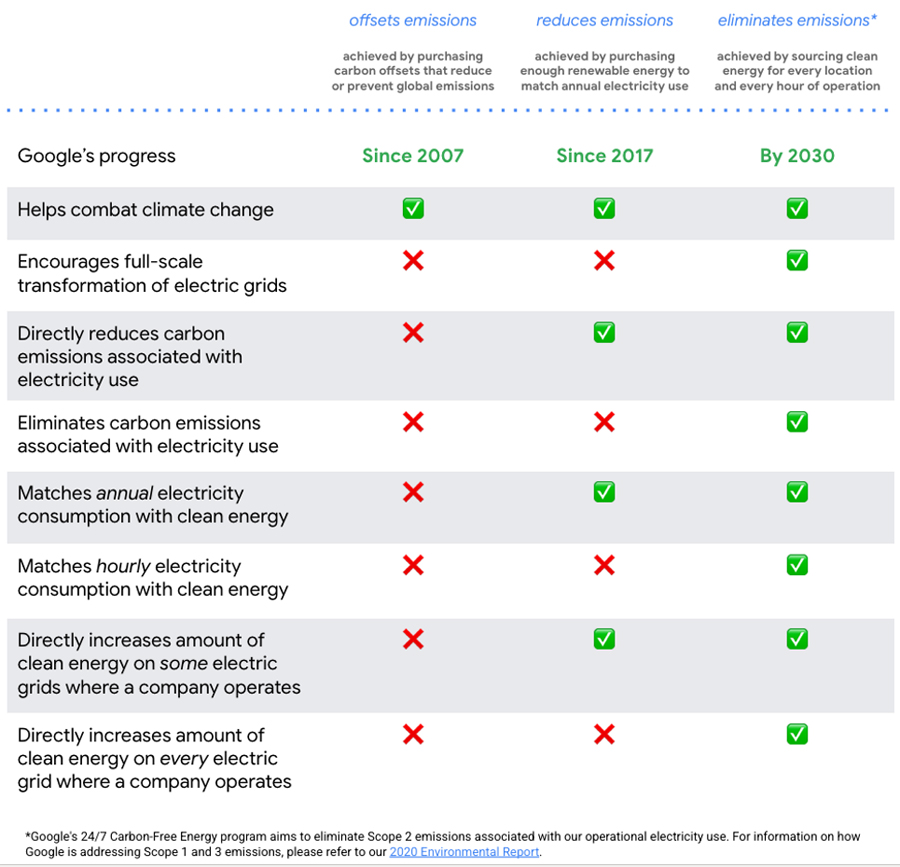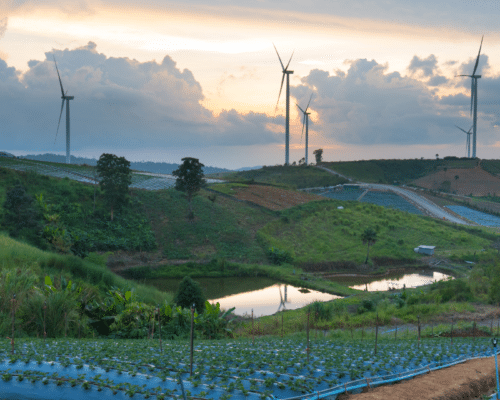Google Turns Sustainability Initiatives Into Reality
Valeriya Zankovych / Shutterstock.com
22 February 2023 – by Eric Koons Comments (0)
Few companies have as significant an influence on how the world operates as Google. As a result, Google’s sustainability efforts are constantly under the microscope.
Founded in 1996 by two Stanford doctoral students, Larry Page and Sergey Brin, the company comprises over 150,000 employees and runs a wide range of services. These include its popular web browser Google Chrome, the world’s most used search engine, cloud storage, operating systems and tools.
With such an important footprint on technology and the internet, Google must also shoulder much responsibility regarding sociopolitical movements and corporate action. Historically, it has adapted well to new consumer behaviours and societal changes. Now, we are seeing Google do the same thing with environmental sustainability, which it is spearheading with its net-zero 2030 target.
How Is Google Sustainable?
Unknown to some, internet services are responsible for a large share of energy consumption. Currently, the IT industry accounts for 1% of global electricity use, and experts predict that demand will increase by 50% by 2030. As a result, many IT companies are finding ways of creating more sustainable operations.
Google identified these issues early and has been a leading figure in the sector for some time. In 2008, Google described itself as becoming carbon-neutral thanks to its carbon offsets and renewables investments. The company matched its total energy consumption through renewable energy production investments in 2017. It has also continued to offset its legacy and current operations.

Efficient Data Centers
Google’s commitment to sustainability includes circularity within its data centers, where it minimises waste and prioritises the recycling of components. Furthermore, it is pushing the sustainability industry forward with multiple investments in R&D for sustainable development. The internet services giant is also helping communities reduce their carbon dioxide emissions. Google measures the impacts and carbon intensity of specific actions and suggests alternatives.
Google Helps People Make Sustainable Choices
Google is relatively transparent with its actions and works to make carbon emissions across its services easily accessible.
“Flying premium from San Francisco to Los Angeles, a common trip for some Californians, could generate 101 kilograms of carbon emissions, or perhaps 142 or even 366 kilograms – depending on what source you search online,” explains Paresh Dave in Wired. “Google has led the way among big tech companies in trying to inform users about their potential carbon footprint when travelling, heating their homes and, as of recently, making dinner. But airlines, cattle ranchers and other industry groups are pushing back, saying Google’s nudges could hurt their sales.”
However, the bottom line remains the same. Google wants to make people aware of the environmental impact and carbon emitted by their choices, and it wants to give them the available alternatives.
Is Google a Green Company?
Google is undeniably one of the biggest movers of sustainability and green companies. Its transparency and ability to raise awareness of carbon and greenhouse gas emissions throughout supply chains and daily interactions make it easier for consumers and other companies to change their behaviour.
Governments take Google’s reputation as a sustainability leader within the tech sector seriously. As a result, governments have engaged in partnerships with the company to identify and improve sustainability. Also, Google continues to change, adapt and target more aggressive sustainability goals.

After largely offsetting its carbon emissions and energy consumption through a mix of investments and process improvements, Google seeks to become entirely powered by renewable energy by 2030. Concrete moves like this will sit easier with experts as carbon offset programs come under fire for questionable success.
While questions about the efficiency of Google’s offsets might be raised, they remain a relatively small blemish compared to the accomplishments and sustainable investments it has made throughout its operations. On top of this, Google’s leadership helps other companies transition, shifting the status quo and forcing laggards to adopt better standards.

Google’s Role in the Tech Industry’s Decarbonisation Efforts
Google’s role as a major tech innovator and consumer powerhouse makes it an agent of change in the industry. If Google sets standards, especially in the B2B space, the tech and internet sectors will fall in line.
This is illustrated by KPMG’s Mark Gibson. “With technology companies leading the way, I believe we will see more companies across all industries take steps to improve their sustainability reporting and decarbonisation efforts, making a positive impact on climate change in the future,” he says.
Google’s sustainability efforts affect more than the company, and Google’s leadership team realises how impactful it is for global change. This is an important viewpoint for the technology industry, which is pivotal in facilitating the global clean energy transition.
by Eric Koons
Eric is a passionate environmental advocate that believes renewable energy is a key piece in meeting the world’s growing energy demands. He received an environmental science degree from the University of California and has worked to promote environmentally and socially sustainable practices since. Eric’s expertise extends across the environmental field, yet he maintains a strong focus on renewable energy. His work has been featured by leading environmental organizations, such as World Resources Institute and Hitachi ABB Power Grids.
Read more




